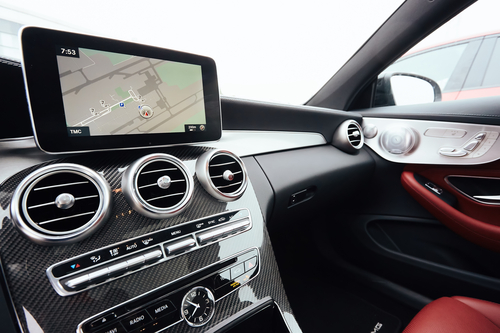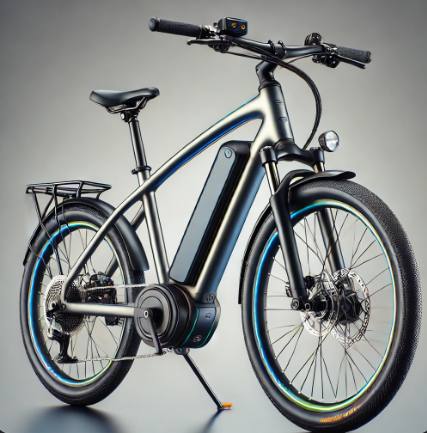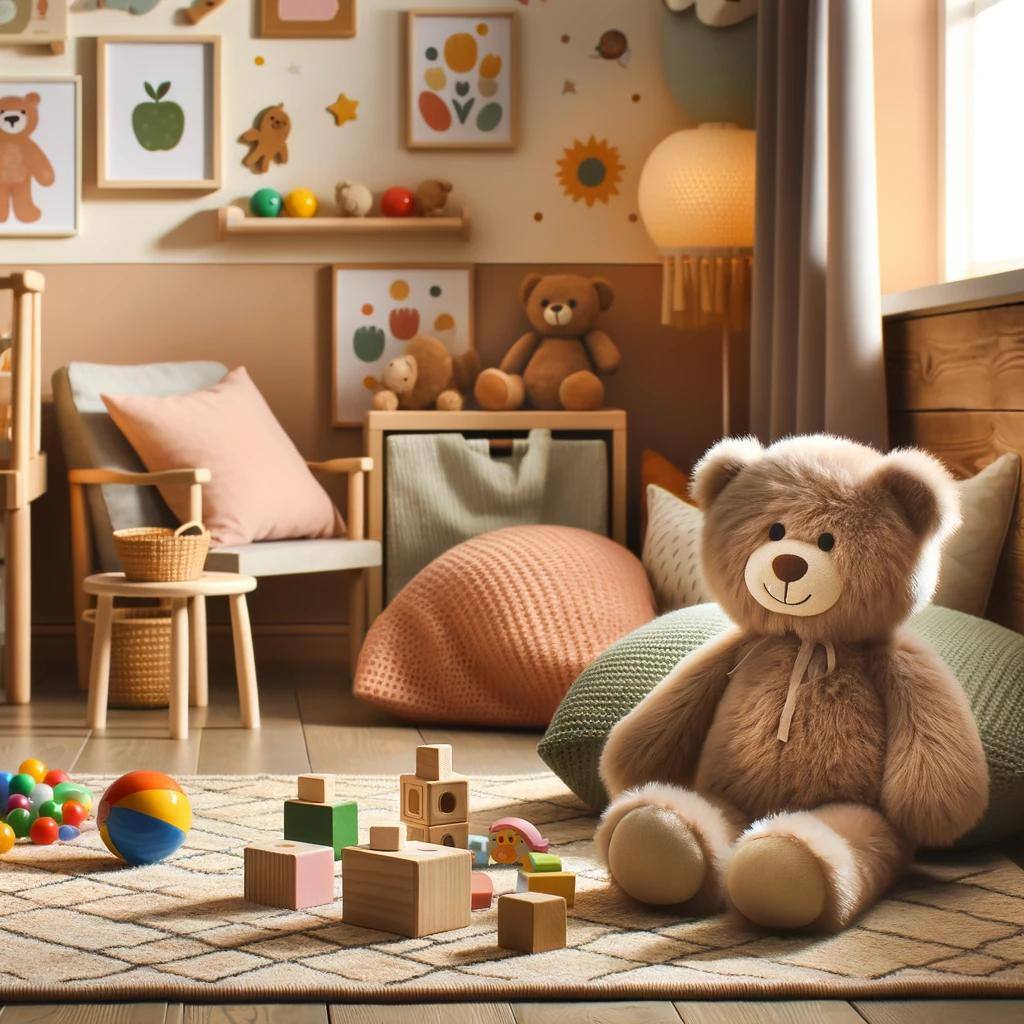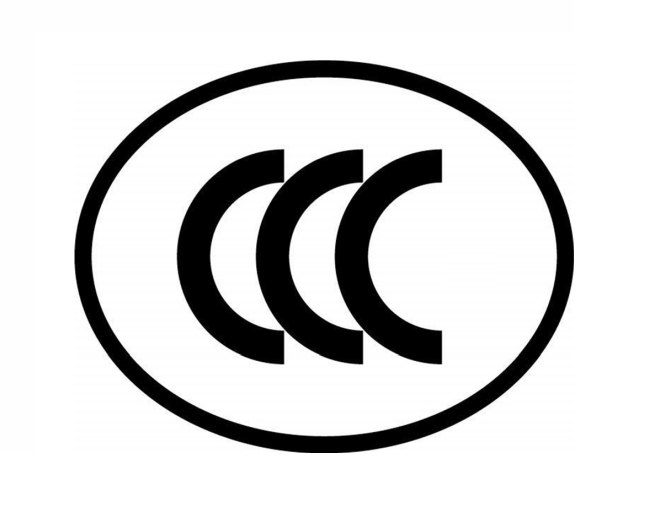New trends and developments in the field of vehicle interiors
9. January 2020The topics of well-being, comfort and individuality are becoming increasingly important for the latest developments of automotive suppliers in the field of vehicle interiors. In addition to technological progress, customers are also focusing on materials, because the interior of a vehicle is increasingly becoming a living and working space. A study by automotive supplier Continental shows that car drivers in China spend around two hours a day in their cars. As driving is increasingly automated, driver and passenger entertainment and a pleasant atmosphere in the vehicle interior will become increasingly important.
The smell in the passenger compartment is of particular importance on the Chinese market. The majority of car customers find the typical smell of a new car, i.e. when the vehicle is fresh from the factory, unpleasant. According to a survey by J.D. Power China, the smell ranks before the fuel consumption of a vehicle. Continental engineers are therefore working on a method to enrich the materials in the interior with a scent. Existing raw materials such as fabrics and plastics are used and enriched with the harmless fragrance, which, according to the developers, smells of orange, green tea and men’s perfume, and is perceptible for six to eight months. The quality of the air in the vehicle interior is also guaranteed, as the material is free of stabilizers containing heavy metals. In addition, the guidelines on limit values for volatile organic compounds (VOC), which have been in force in China since March 2012, have been met, says Cai Dongdan, head of the Continental development team.

The expansion of the classic cockpit with connected and smart functions is also a topic for suppliers. Preh Car Connect (PCC) is working with its Chinese sister company JPCC from Ningbo on displays for drivers and passengers. The unit, which consists of a total of three touchscreens, can also use V2X technology to exchange information with other vehicles, analyze it and present it on the display as warning and safety instructions. Faurecia has invested in Creo Dynamics, a Swedish specialist for acoustic and ANC solutions (Active Noise Control), to improve sound and audio reproduction in the passenger compartment. Faurecia Clarion Electronics’ audio systems are designed to deliver a new kind of sound to occupants with intelligent loudspeakers in the headrests, active surfaces and digital sound management. Most automotive and electronics products must pass the mandatory CCC certification for import to China or production in the country. We will be happy to advise you on the detailed regulations, procedures and costs involved in obtaining CCC (China Compulsory Certificate) certification.
For more information on how CCC certification may affect your company, or for more information about CCC certification in general, the process, and the associated costs, please visit our website and our News Section where you will find current updates twice a week.
Please do not hesitate to contact us for further details and consultation. You can contact us via e-mail, or call us (UK: +44 2071931135, Rest of Europe: +49 69 2713769150, US: +1 773 654-2673).
You can also check out our free CCC-Brochure, which can be downloaded right here as a PDF file or you consult our book (in English) “A Brief Guide to CCC: China Compulsory Certification”, which can be found directly hier on Amazon.











